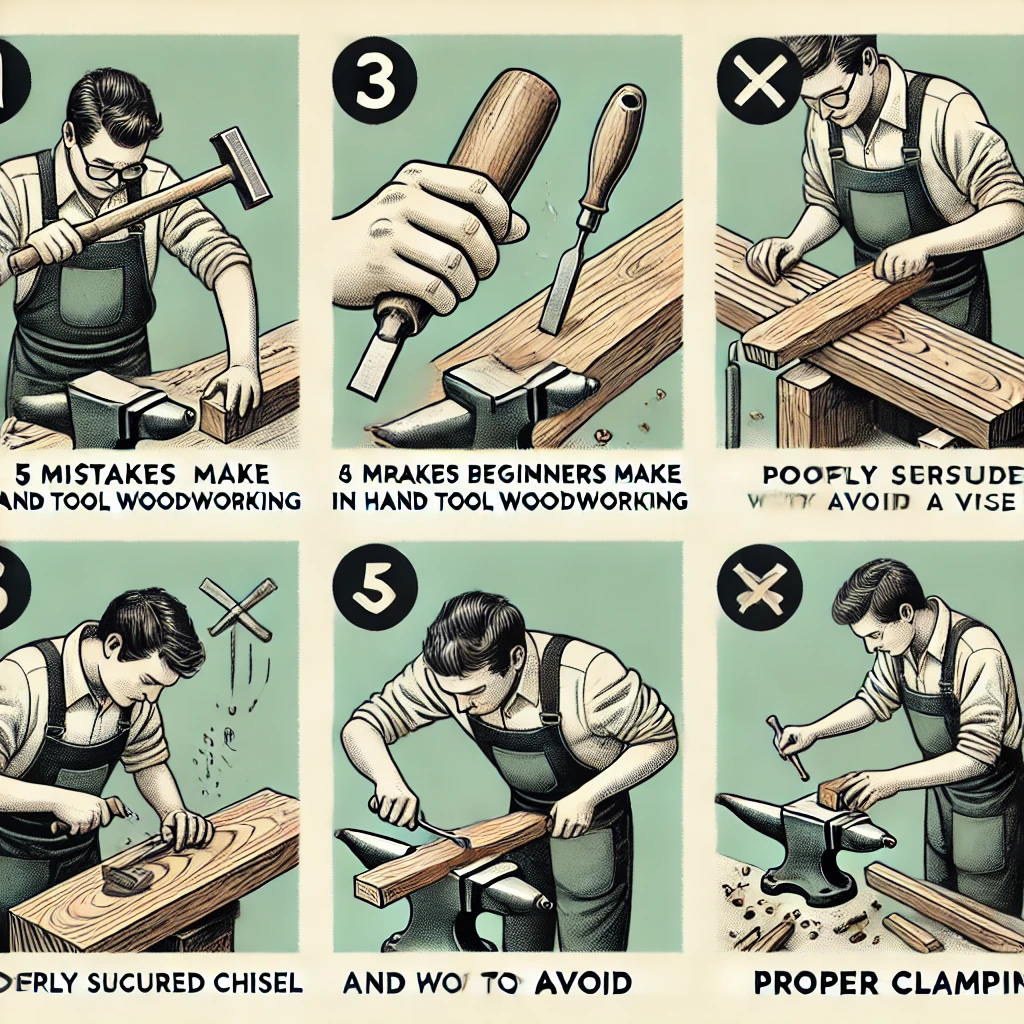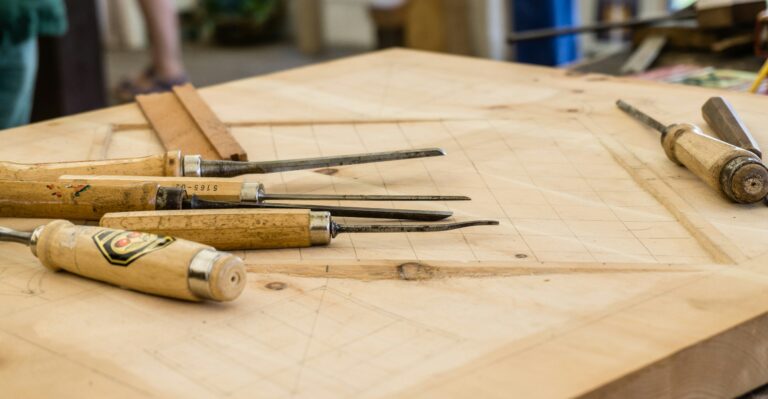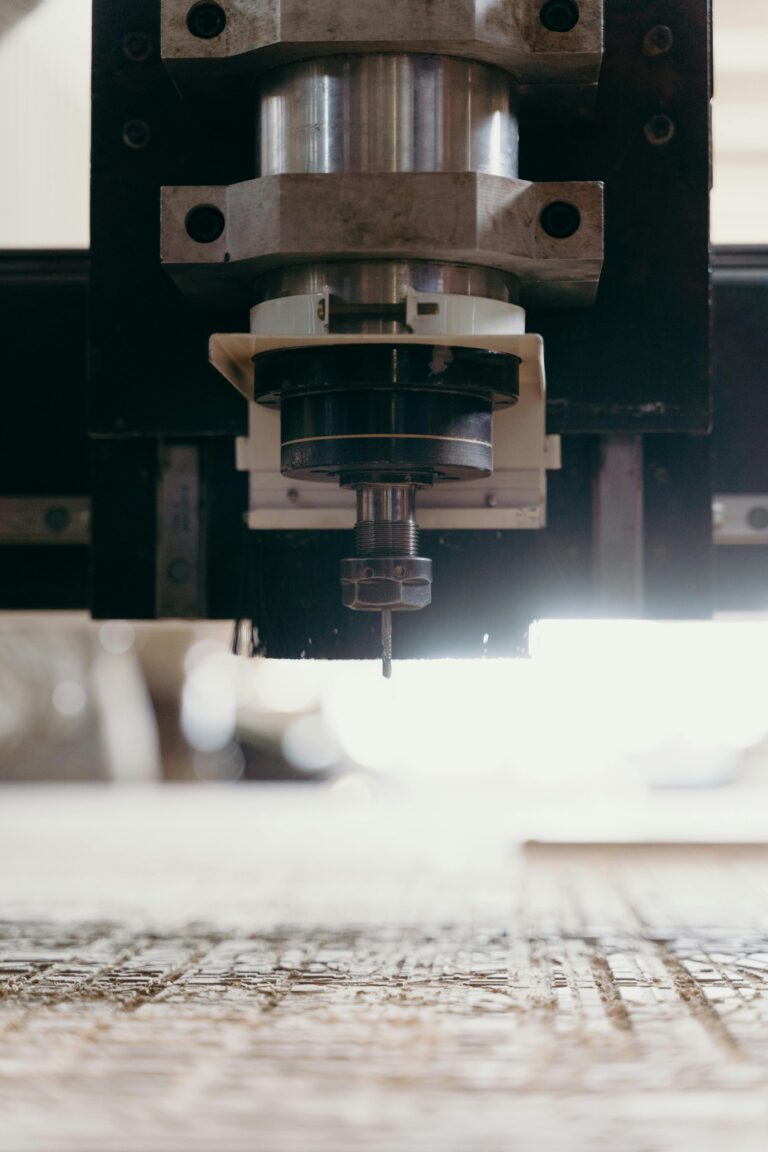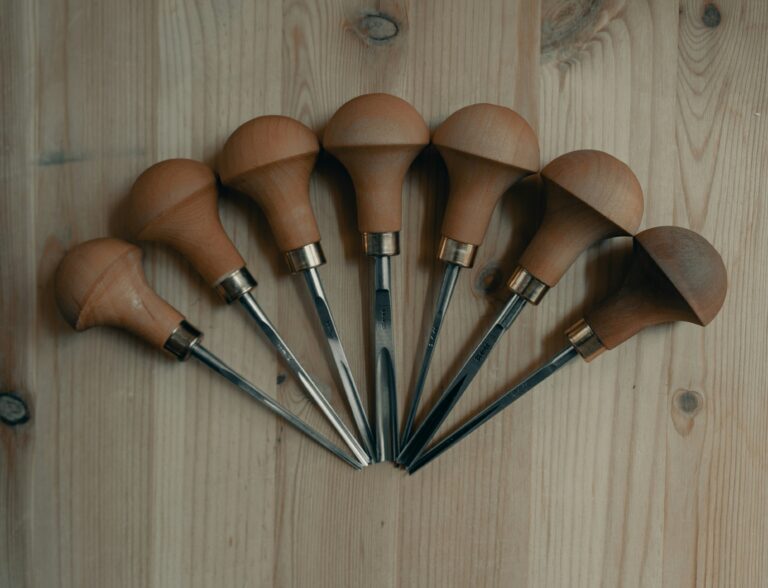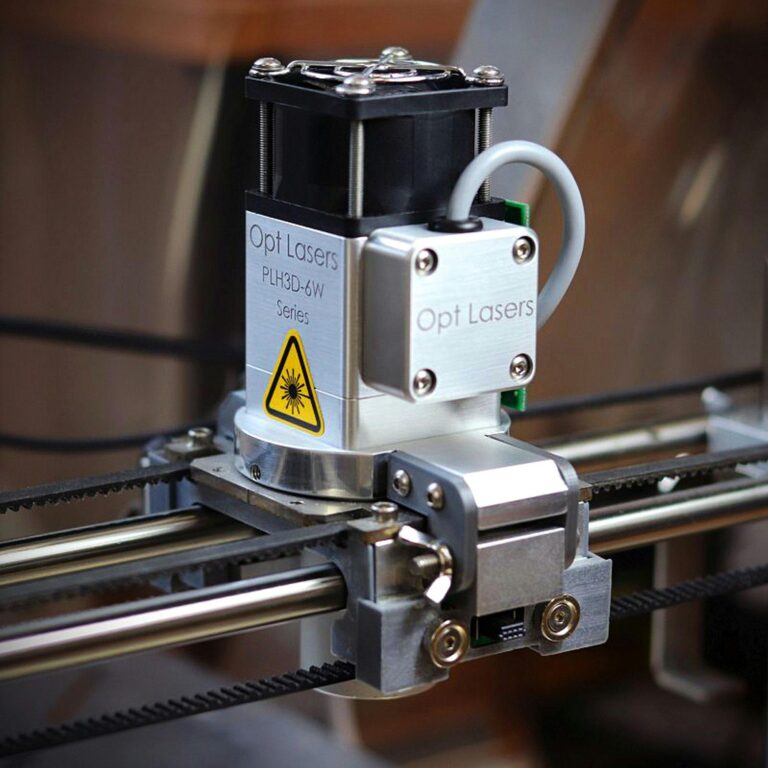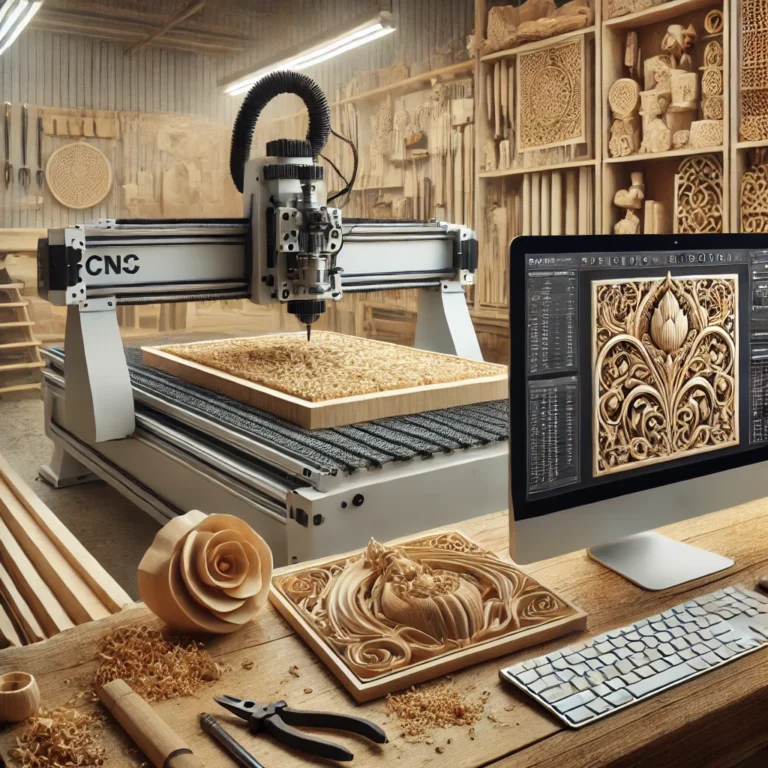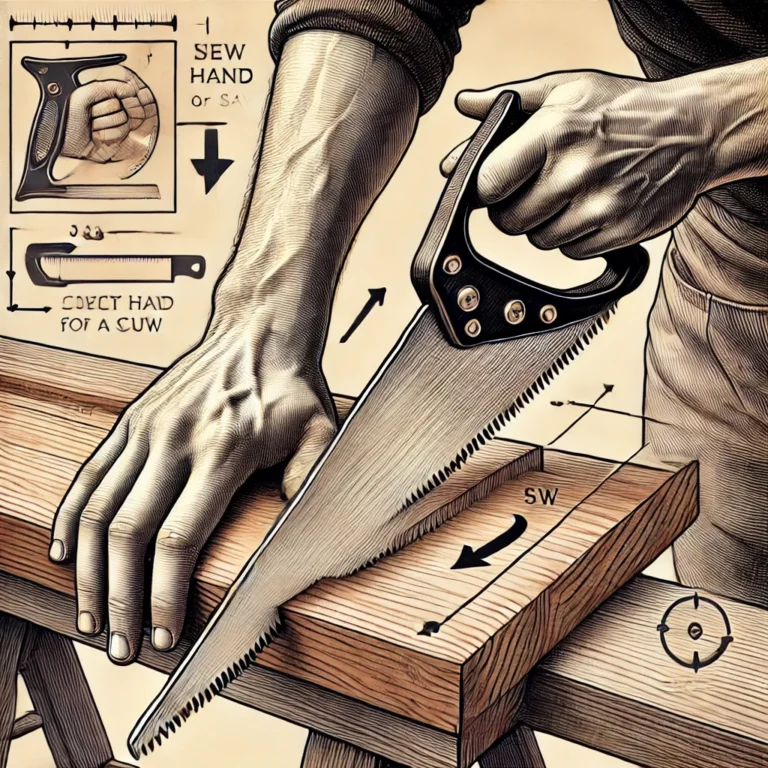5 Mistakes Beginners Make in Hand Tool Woodworking (and How to Avoid Them)
Embarking on the journey of hand tool woodworking can be as rewarding as it is challenging, particularly for beginners. While the craft offers a profound sense of accomplishment, newcomers can sometimes find themselves stumbling over common pitfalls. Here, we’ll uncover five typical beginner woodworking mistakes and provide practical advice on how to sidestep them, ensuring a smoother and more enjoyable learning curve.
Mistake 1: Ignoring Tool Maintenance
The Consequence:
Neglecting the maintenance of your hand tools can lead to poor performance, increased effort during work, and even safety hazards. Dull blades, rusty planes, and improperly aligned tools can turn what should be a pleasure into a chore.
How to Avoid:
- Regular Cleaning: Always clean your tools after use. Wipe down metal parts with a rag dipped in a light machine oil to prevent rust.
- Sharpening: Keep cutting tools like chisels and planes sharp. A sharp tool not only works better but also requires less force, reducing the risk of accidents.
- Proper Storage: Store tools in a dry, organized manner. Wall-mounted racks and tool chests are excellent for keeping tools accessible yet protected.
Mistake 2: Not Measuring Twice Before Cutting
The Consequence:
The old carpentry adage “measure twice, cut once” holds particularly true in woodworking. Inaccurate measurements or layout marks can lead to wasted materials and time.
How to Avoid:
- Invest in Quality Measuring Tools: Good quality rulers, squares, and marking tools are essential.
- Double-Check Measurements: Always double-check your measurements before making a cut, especially when cutting critical joinery.
- Practice Layout Techniques: Spend time practicing marking and layout techniques on scrap wood.
Mistake 3: Choosing the Wrong Wood
The Consequence:
Using inappropriate types of wood for specific projects can result in poor outcomes. Hardwoods and softwoods have different characteristics and uses, and selecting improperly can affect both the process and the final product.
How to Avoid:
- Research Wood Types: Understand the properties of various woods and their best uses in woodworking projects.
- Ask for Advice: Don’t hesitate to ask more experienced woodworkers or staff at your local lumberyard for recommendations based on your project’s needs.
- Start with Forgiving Woods: Beginners should start with more forgiving woods, like pine or poplar, which are easier to work with and less expensive.
Mistake 4: Overlooking the Importance of a Sharp Saw
The Consequence:
A dull saw makes it hard to cut accurately and can be dangerous. It requires more force to operate, which can lead to fatigue and mistakes.
How to Avoid:
- Regular Sharpening: Learn how to sharpen your saws, or invest in quality saw sharpening services.
- Use the Right Saw for the Job: Different saws (rip, crosscut, coping) are designed for specific cuts. Using the right type can drastically improve your results.
- Inspect Saws Before Use: Check for dullness and damage before starting your work.
Mistake 5: Rushing Through Projects
The Consequence:
Woodworking is a craft that demands patience. Rushing can lead to mistakes, poor finishes, or even injuries.
How to Avoid:
- Plan Your Work: Use detailed plans and take the time to understand each step before you begin.
- Set Realistic Goals: Recognize that skills take time to develop. Set achievable goals for each session.
- Enjoy the Process: Remember that woodworking is not just about the final product, but also about the joy of creating. Take your time and enjoy learning the craft.
Conclusion
Avoiding these common beginner mistakes in hand tool woodworking doesn’t just improve the quality of your projects—it also enhances your overall enjoyment and satisfaction in the craft. By taking the time to maintain your tools, measure accurately, choose the right materials, keep your saws sharp, and pace your work, you’ll build a strong foundation for a lifelong woodworking journey. Remember, every mistake is a learning opportunity, so keep experimenting and growing your skills!
